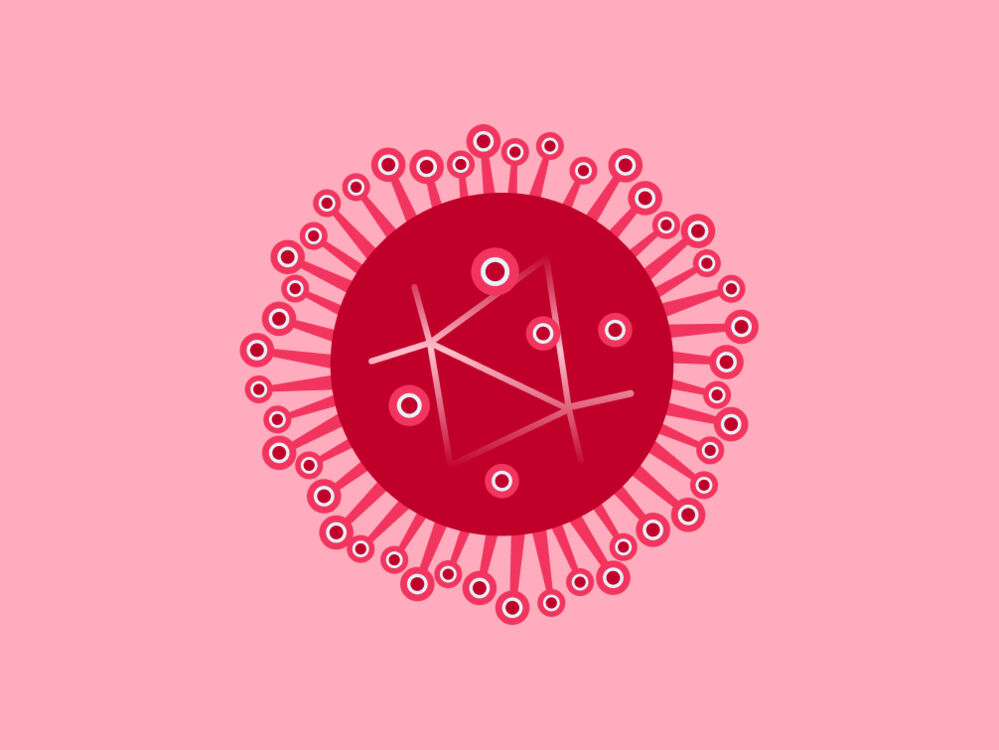Sour about the Sores? Know more about Herpes
Herpes is a sexually transmitted super common infection which stays in the body for life. While painful and annoying, it usually doesn’t cause serious health issues.
As per the data released by the World Health Organisation (WHO), 3.7 billion people globally have herpes simplex virus type 1 (HSV 1) and 491 million have herpes simplex virus type 2 (HSV-2) infection. HSV 1 mostly cause oral herpes and HSV 2 causes genital herpes. Blisters or ulcers mainly characterize herpes.

How to know whether the soreness you are experiencing is herpes or not?
Oral Herpes | Genital Herpes |
|
|
Common symptoms include itchiness, fever, muscle pain, and rashes persistent for more than two weeks.
- A mother infected with a herpes virus can transmit the virus to her baby during birth if the virus is active at that time.
- In rare cases, infection with HSV-1 or HSV-2 can lead to meningitis (inflammation of the covering of the brain and spinal cord) or encephalitis (inflammation of the brain).
Treatment and Prevention:
- While there is no cure yet for herpes, treatment can ease and alleviate the symptoms and prevent another bout of shingles.
- The first time you show symptoms of herpes you should speak to your physician who will prescribe antiviral medication. The medication does not rid the body of the virus but stops it from multiplying further. It is best to start treatment within 5 days.
- Some medicines can prevent the blisters or make them go away faster.
- Applying ice packs to the sores (do not place the ice directly on the skin, use a cloth) for some time helps to relieve the pain and the itchiness. Cold showers may also help.
- Bathe in warm water or with Epsom salts and be sure to dry the sore afterwards.
- If you experience pain while passing urine, you can use a shower to wet your genitals with warm water as you pass urine. If you cannot pass urine for a long time, seek medical assistance immediately.
- Wear condoms and practise safe and hygienic sexual practices to prevent the spread of the virus.

Conclusion
If you find out that you or someone you know has herpes, do not panic. You might feel ashamed and worried, but you’ll probably feel a lot better as time goes by, and you see that having herpes doesn’t have to be a big deal. People with herpes have relationships and live normal lives. There are treatments for herpes, and there’s a lot you can do to make sure you don’t give herpes to anyone you have sex with.
Author

